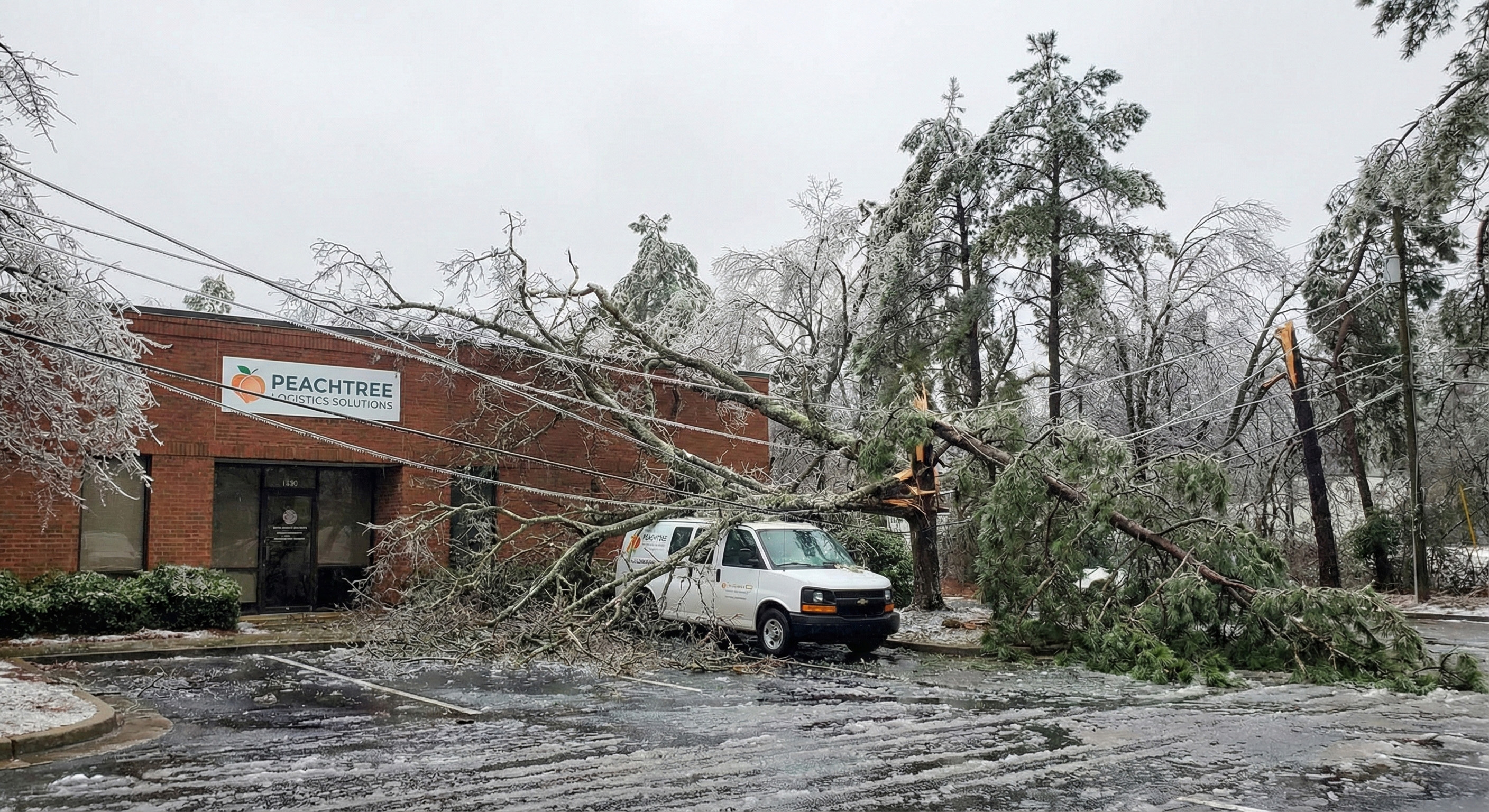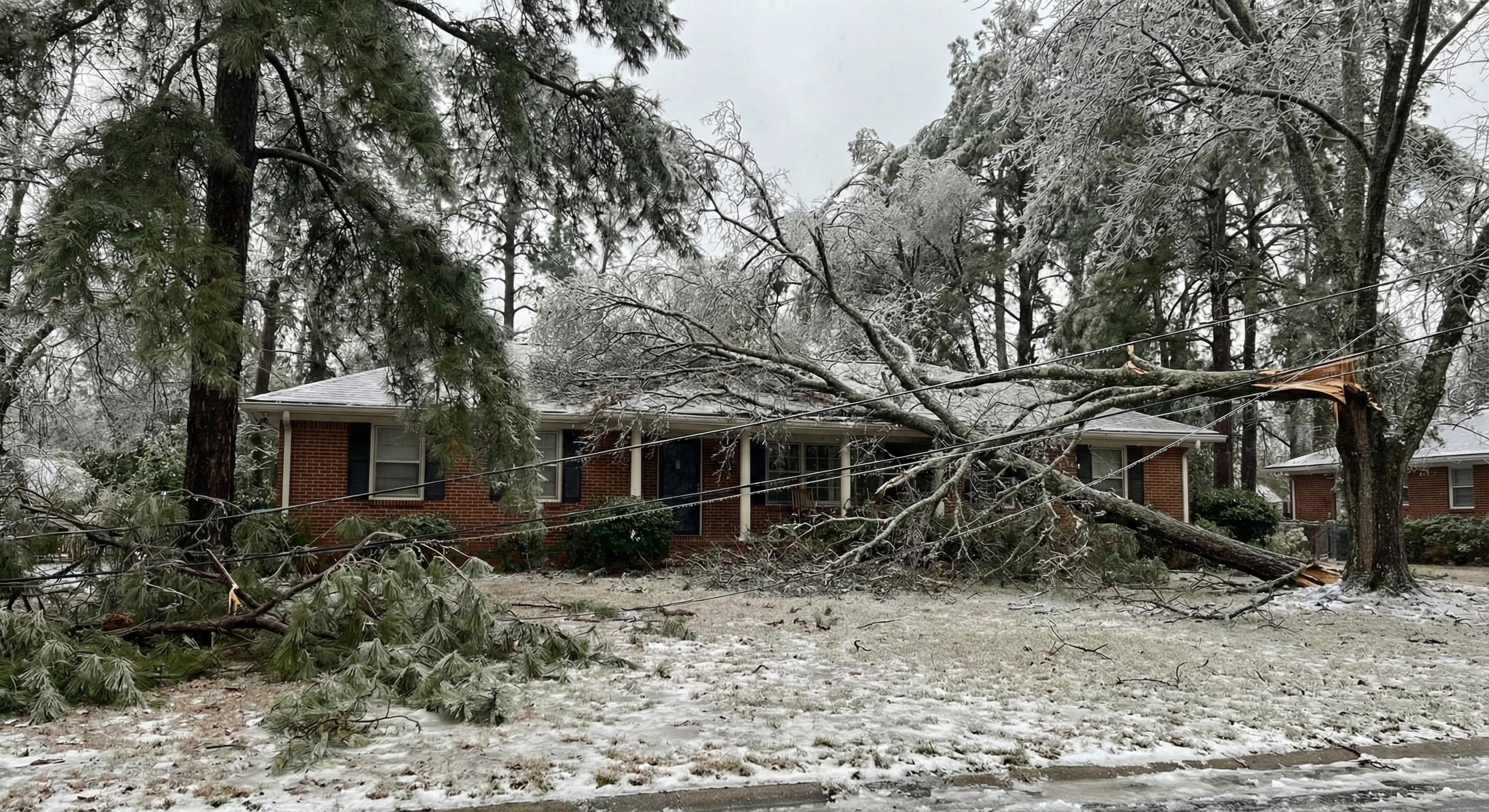Understanding Local Tree Service Regulations in Georgia
Navigate Georgia’s tree service rules with ease.

Trees are a vital part of Georgia’s landscape, from urban neighborhoods to sprawling rural areas. They provide shade, beauty, and environmental benefits. But when it comes to managing these natural assets, there’s more than meets the eye. Georgia has a patchwork of local tree service regulations that property owners and tree service professionals must follow to protect these valuable resources and comply with the law.
If you’re a homeowner or business owner wondering what’s allowed when it comes to trimming, pruning, or removing trees, you’re not alone. Understanding local tree service regulations can be confusing, but it’s essential for avoiding fines, preserving community greenery, and ensuring safe, healthy trees.
In this guide, we’ll break down the basics of local tree service regulations in Georgia, what they mean for you, and how professional help from Georgia Pro Tree Service can keep you compliant and your trees thriving.
Why Do Local Tree Service Regulations Matter?
Tree service regulations exist to protect the health and safety of trees and the communities that benefit from them. Georgia’s laws cover things like:
- Which trees are protected and when
- When you need a permit to remove or prune trees
- Penalties for illegal tree removal or damage
- Best practices for maintaining urban and residential trees
Since regulations vary between cities and counties in Georgia, staying informed about the rules in your specific area is crucial.

Key Elements of Georgia’s Tree Service Regulations
1. Tree Protection Ordinances
Many cities in Georgia have ordinances to protect trees, especially mature or “heritage” trees. These rules often specify:
- Minimum trunk diameter for protected status
- Restrictions on removal without permits
- Requirements for replacing removed trees
For example, Atlanta’s tree ordinance requires permits for removing trees over a certain size and enforces replacement planting.
2. Permit Requirements
Most local jurisdictions require property owners or contractors to obtain permits before removing significant trees or conducting major pruning. The permit process helps ensure:
- Tree removal is justified (e.g., dead, diseased, or hazardous trees)
- Proper documentation and inspection
- Compliance with replacement and mitigation requirements
Skipping permits can result in hefty fines and forced replanting.
3. Protected Tree Species
Certain species native to Georgia may have additional protections. These species are vital to local ecosystems and often require special care or approval before removal.
4. Right-of-Way and Easement Rules
Trees located near sidewalks, streets, or utility easements may fall under separate rules. Local governments often regulate what tree work can be done in these areas to maintain public safety and infrastructure.

How Georgia Pro Tree Service Can Help You Stay Compliant
Navigating these regulations on your own can be overwhelming. That’s where Georgia Pro Tree Service steps in:
- Expert Knowledge: We stay up-to-date on local laws and ordinances across Georgia’s cities and counties.
- Permit Assistance: We guide you through the permit application process, ensuring all necessary approvals are secured before work begins.
- Professional Tree Care: Our certified arborists perform pruning, removal, and maintenance with a focus on health and legality.
- Replacement Planting: We help plan and plant replacement trees as required by local codes to keep your property green and compliant.
What Happens If You Don’t Follow Tree Regulations?
Ignoring local tree regulations isn’t just risky, it can be costly. Common consequences include:
- Fines or penalties imposed by local governments
- Orders to replace illegally removed trees at your expense
- Potential legal action for violating environmental protections
- Damage to your property’s value and community relations
By working with a professional like Georgia Pro Tree Service, you protect yourself from these risks and contribute positively to Georgia’s urban forest.
Tips for Property Owners on Tree Maintenance and Compliance
- Know Your Local Rules: Contact your city or county forestry department to learn specific regulations.
- Hire Licensed Professionals: Ensure your tree service provider understands and complies with local laws.
- Get Permits When Needed: Don’t skip the paperwork, permits protect you and your trees.
- Plan for Tree Replacement: If a tree must come down, replace it to keep your property healthy and beautiful.
- Schedule Regular Inspections: Catch tree health issues early with professional assessments.
Conclusion
Trees are more than just part of your property, they’re part of Georgia’s natural heritage. Respecting local tree service regulations protects this heritage while ensuring your landscape remains safe and vibrant.
When you need expert tree care that follows every rule and regulation, Georgia Pro Tree Service is here for you. Our knowledgeable team simplifies the process, handles permits, and delivers top-quality service tailored to Georgia’s unique regulations.
Ready to maintain healthy, compliant trees? Contact Georgia Pro Tree Service today for professional tree services you can trust.

We're your local tree pros!
Georgia Pro Tree Services takes the highest quality of care when servicing your trees. Call us to find out how we can help you keep your yard in top shape.



